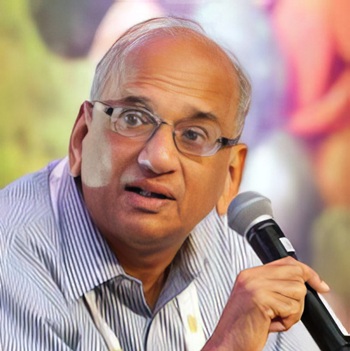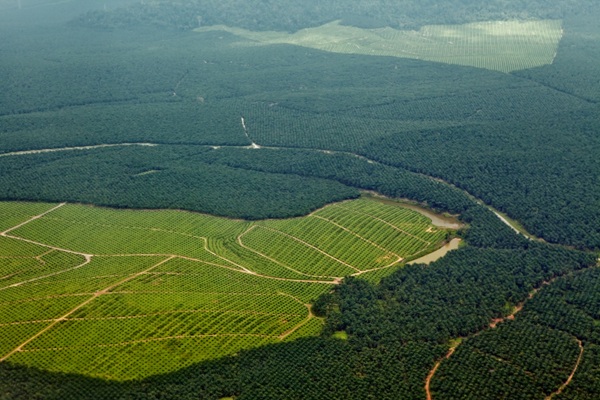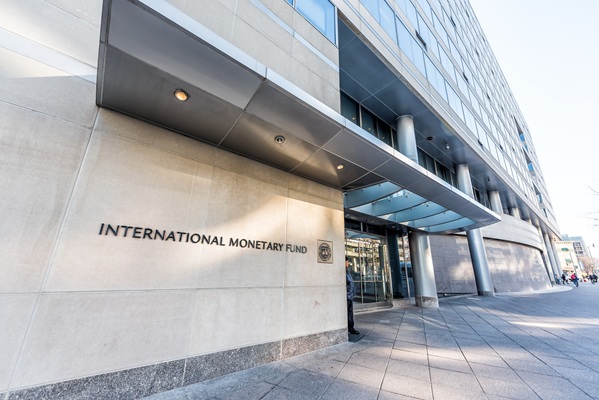.png)

By G. Chandrashekhar
Chandrashekhar is an economist, journalist and policy commentator renowned for his expertise in agriculture, commodity markets and economic policy.
October 10, 2025 at 12:31 PM IST
That Dalda, a generic name for vanaspati that uses palm oil as key ingredient, became a poorer cousin to refined oils, can be traced back to a US lobby from the 1980s. At the time, palm oil was making rapid inroads into a market dominated by soyoil, prompting competitors to dub it a “tropical oil” and “saturated fat” in order to scare consumers away.
It took the Malaysian government and the palm oil industry years of research, investment, and persuasion to alter these negative perceptions. Today, with an annual output of roughly 80 million tonnes, palm oil accounts for about 33% of the world’s total vegetable oil production of around 230 million tonnes. Its share in global exports is even higher at over 50%, or 46 million tonnes out of total vegetable oil exports of 86 million tonnes.
Despite this dominance, palm oil continues to face headwinds.
In the early 2000s, environmental activists and NGOs, mostly from the Western world, began targeting the palm oil industry for its alleged role in indiscriminate deforestation, loss of wildlife habitats, displacement of local communities, and pollution from the burning of plantation residues.
To counter these accusations, industry representatives formed the Roundtable on Sustainable Palm Oil in 2004. What began as a small association of producers gradually expanded to include other stakeholders, such as consumer groups, to deflect criticism of cartelisation.
A certification process for sustainably produced palm oil was introduced. Today, around 5 million hectares, roughly 25% of the total planted area of 20 million hectares, are certified under RSPO standards. This corresponds to about 13.4 million tonnes, or less than 20% of global palm oil output.
This suggests that consumers have shown limited enthusiasm for certified sustainable palm oil. Whether due to ignorance, apathy, or distrust, or a mix of all three, demand remains tepid.
The RSPO is now working aggressively to expand market share. Its representatives are regular participants in trade conferences across major importing nations such as India, making the case for sustainable palm oil and its supposed advantages.
One idea being floated is that certified sustainable palm oil deserves preferential or differential treatment, in plain terms, a lower or concessional import duty.
India, the world’s largest importer of palm oil, buys about 8.5–9 million tonnes annually, valued at over $10 billion. The country also imports around 6 million tonnes of other edible oils, including soybean and sunflower oil. In May this year, the government reduced the basic customs duty on several edible oils, including crude palm oil, from 20% to 10% ad valorem.
Given India’s price-sensitive market, importers have shown little interest in contracting for sustainable palm oil, which typically carries a cost premium. The argument that such oil deserves a duty concession under the banner of sustainability is weak and misplaced.
Producers of certified sustainable palm oil made a conscious business decision to adopt such practices. They saw a commercial opportunity that has yet to yield the expected dividends. Seeking fiscal incentives from importing countries like India to offset that shortfall is unjustified.
If the market truly valued sustainability, it would reward it through a premium price or market advantage. The absence of both indicates not a flaw in the idea of sustainability, but a gap between aspiration and consumer willingness to pay. As the old market adage goes, price is the ultimate reality.
The Way Forward
Meanwhile, in Europe, activists and proxy advisory firms continue to pressure large food companies, the major users of palm oil, on responsible sourcing and sustainability credentials. These groups are also engaging with company shareholders, bankers, and auditors, creating intense scrutiny.
This growing pressure in the West is prompting palm oil producers to look toward “easier” markets in South Asia, such as India, Pakistan, and Bangladesh, where they hope for fiscal concessions to soften the blow.
But India should resist that temptation. Sustainability cannot be subsidised by importers; it must be earned through efficiency, transparency, and genuine market acceptance.




